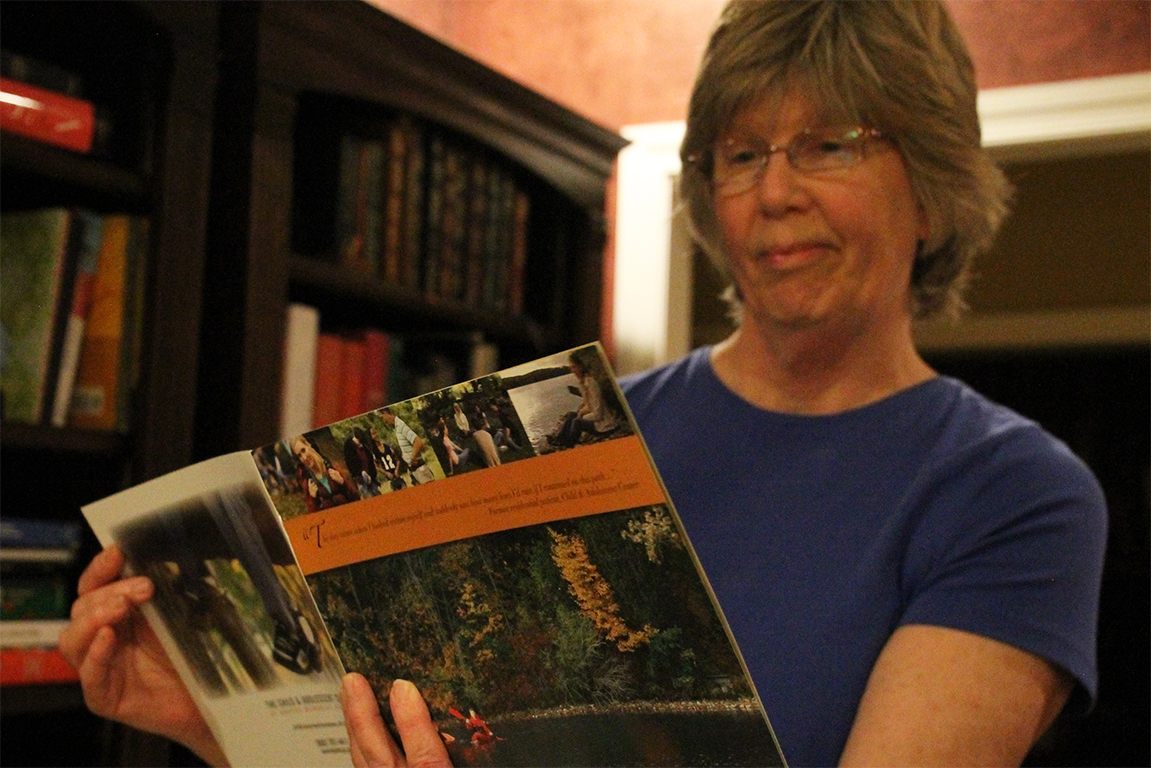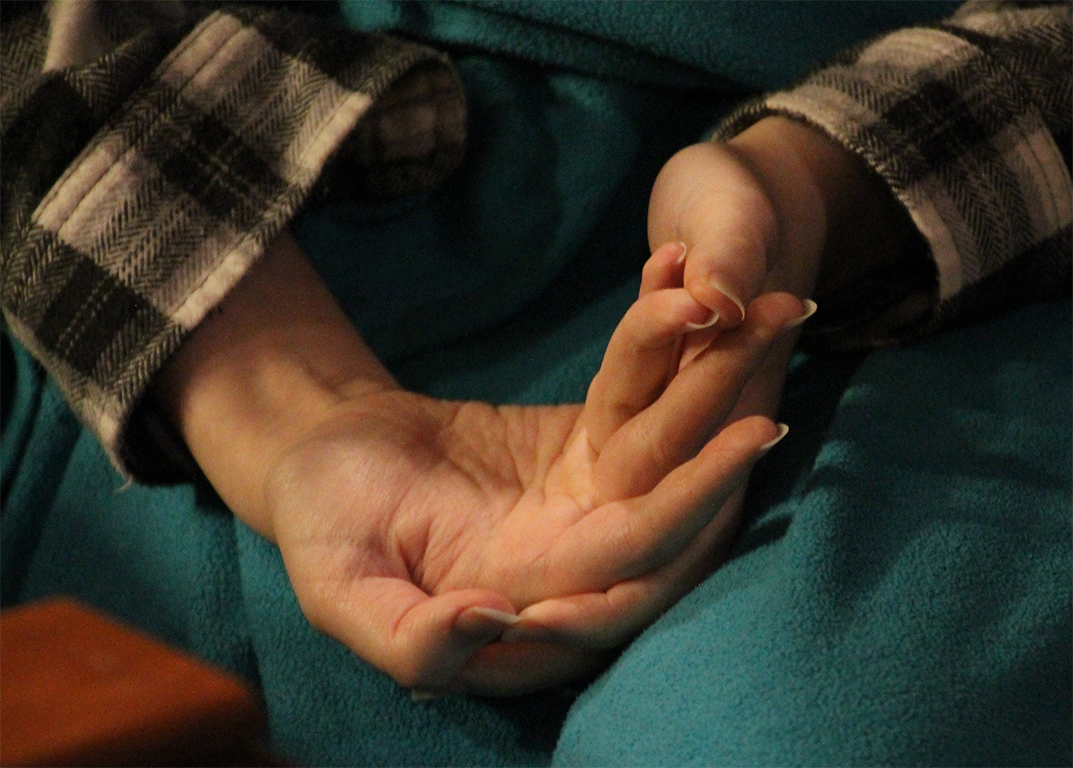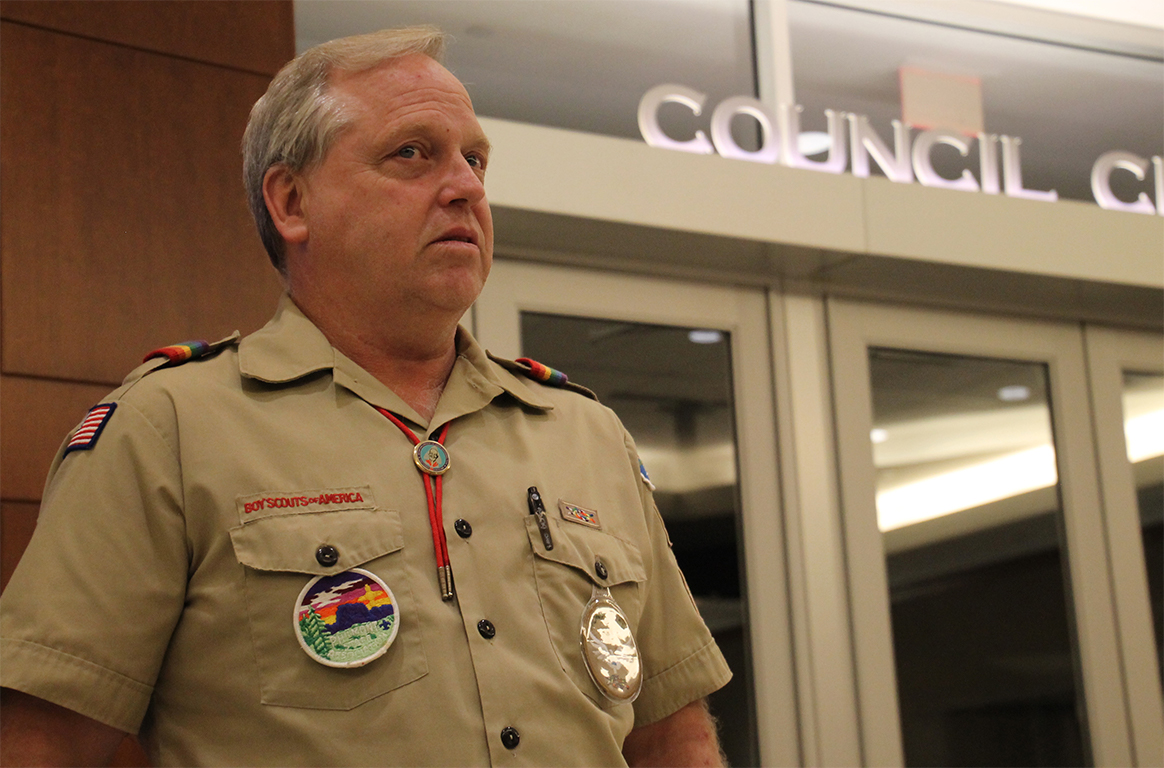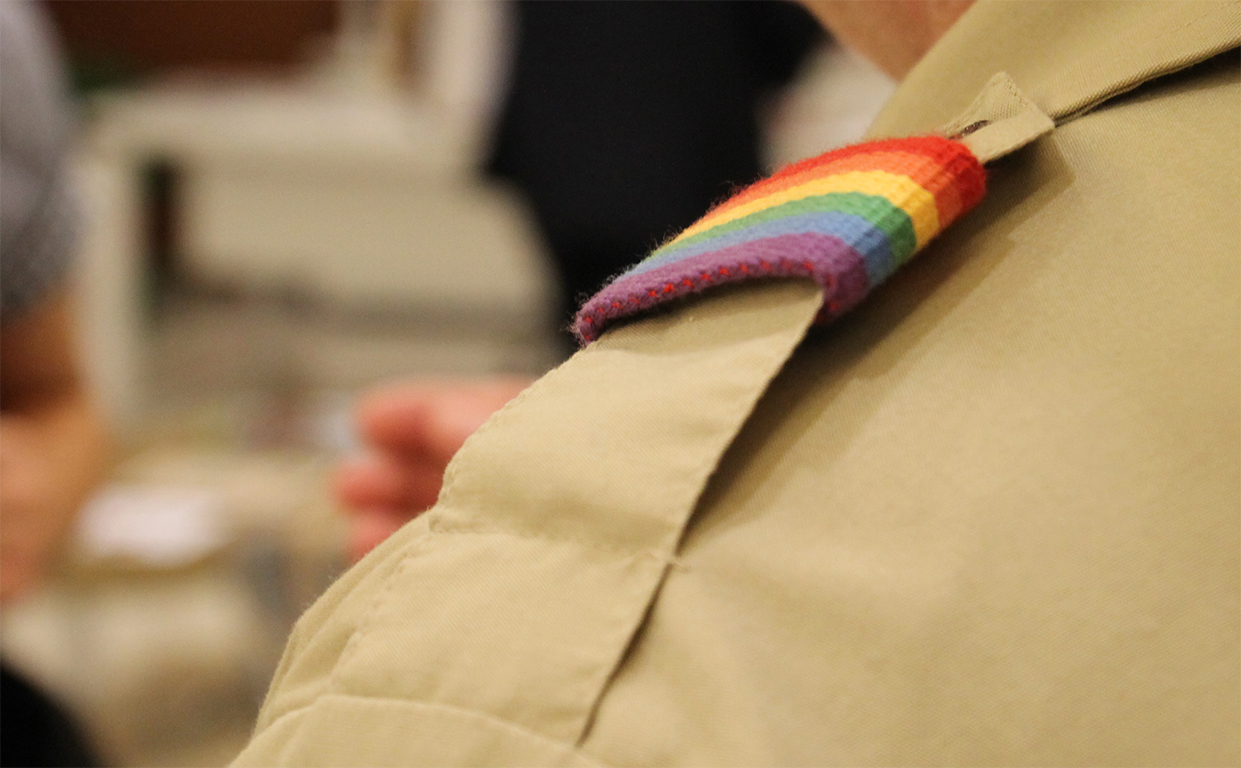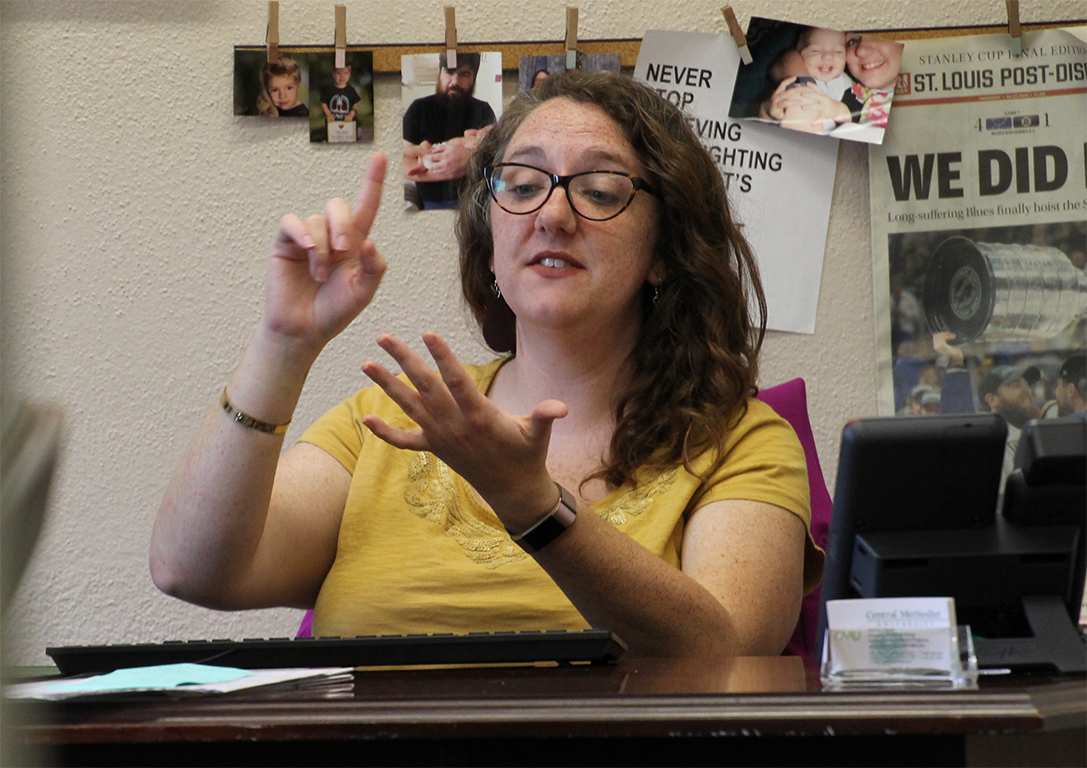Currently, 18 states have some kind of ban against conversion therapy. Missouri is not one of them.
Conversion therapy, also known as reintegrative therapy, is a practice that seeks to change a person’s sexual orientation using counseling techniques or psychotherapy.
The Columbia City Council is trying to criminalize these experiences that LGBTQ youth are going through. The council, along with community members, are pushing for bill 295-19 that would ban conversion therapy for minors in Columbia.
Columbia resident Kai Freter, who identifies as gender-fluid and uses they/them pronouns, was 16 years old when they traveled to a residential behavioral center in southeastern Wisconsin to learn how to cope with their anxiety. It was only after Freter’s two-month treatment period, that their mother Carol Sattler realized the behavioral hospital was putting her child through conversion therapy.
“I entrusted them with my child, and I did not understand that this was going to happen,” Sattler said. “That makes me very angry [that] this sort of insidious type of treatment passed as therapy.”
It was never openly disclosed that Freter would receive this type of therapy.
Conversion therapy programs and camps typically use vague language, according to Melina Constantine Miseo, coordinator of The Center Project’s LGBTQ youth group PRISM.
“They will call it something else so that it's not being advertised,” Miseo said. “People don't know they're doing it.”
Freter’s experience is not unique. Other minors who participate in conversion therapy do so at the encouragement of their families, according to Miseo.
Yahir Pérez-Salas-Olin began therapy at Christian Fellowship Church’s Living Waters program in Columbia in the early 2000s.
Throughout his treatment, Pérez-Salas-Olin was told that he was “possessed by a homosexual demon” and was repeatedly asked if he “accepts Jesus Christ” in his heart and soul. Pérez-Salas-Olin’s conversion therapy left him feeling hopeless and alone.
This kind of treatment is exactly what the council wants to ban.
Columbia runs the risk of being preempted by the state if this ban is passed, but Columbia City Council member Mike Trapp says he is willing to fight it out at the state level to protect Columbia’s most vulnerable youth.
“Every significant professional body has made it clear that this is an inappropriate kind of intervention for youth and that only affirming and supportive interventions should be used,” Columbia City Council member Mike Trapp said. “I don't think that it's controversial, I think it's a needed protection.”
Mental health organizations, like The American Academy of Child Adolescent Psychiatry, maintain that reintegrative therapy is unethical. However, there are therapists who continue to practice it.
David Pickup, a reintegrative therapist, believes that the specialized psychotherapy works in changing someone’s sexual orientation.
“I went through these same issues myself with the same results many years ago,” Pickup said in an email. “I feel fulfilled and so happy for clients who truly resolve these issues that is resulting in their personal happiness and fulfillment.”
Pickup was the petitioner in Pickup v. Brown, a 9th Circuit Court of Appeals case in August 2013. Pickup appealed a California conversion therapy ban. In the end, the circuit court chose to uphold the ban. Pickup appealed the decision but was denied a rehearing in the U.S. Supreme Court in January 2014.
In Pickup v. Brown, Pickup argued that therapy is “professional speech” and should be protected by the First Amendment.
“The decision suggested that there is no such thing as to what the court addresses as a professional speech regulation,” said Clay Calvert, director of the University of Florida’s Marion B. Brechner First Amendment Project.
Even after losing his appeals, Pickup still conducts reintegrative therapy in Texas, where this practice is not regulated.
“It’s a great experience to know that you have been a catalyst to such profound healing experiences of underlying issues that results in what clients tell me is a much happier life,” Pickup said.
But for most people, this therapy leaves them feeling depressed and isolated from friends and family, according to counselor Caleb Cheavens at The Counseling Hub in Columbia.
“Put simply: Conversion therapy is not therapy -- it’s abuse, and as a community we should not tolerate abuse,” Cheavens said.
The City Council is working to make Columbia a safer place for LGBTQ youth. The community, according to Trapp, is ready to take a stand.
